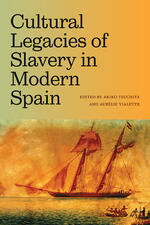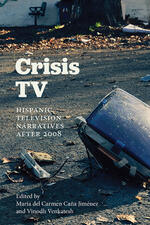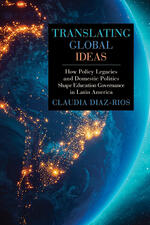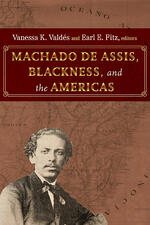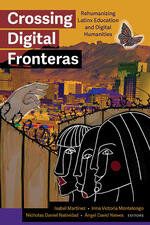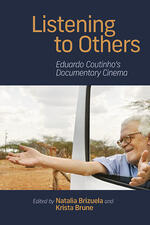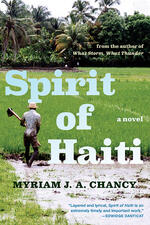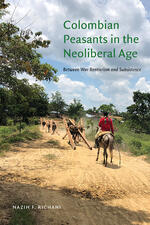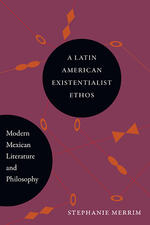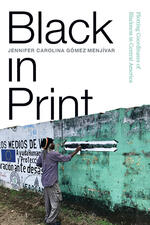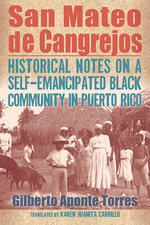Latin American, Caribbean, and Latinx Studies
Cultural Legacies of Slavery in Modern Spain
The first book-length study to address the impact of the legacies of slavery on Spanish cultural representations and institutions.
Expanding Cinemas
Explores experimental cinema and alternative film formats from across the Luso-Hispanic Atlantic, from the 1960s to the present.
Brazilian Science Fiction Film
The first book-length account of Brazilian science fiction cinema.
Crisis TV
Wide-ranging, in-depth analysis of Spanish-language television fiction after the 2008 global financial crisis.
Translating Global Ideas
Explores the varying influence of foreign policy recommendations on education reforms in Chile, Argentina, and Colombia.
Bodies of Water
Explores how watery spaces provoke radical modes of screening queer corporeality in a diverse range of contemporary Latin American films.
How Close Reading Made Us
Shows how the method of close reading traveled from the United States to Brazil and Israel, revealing its profound impact on global modernisms and reframing the lasting significance of New Criticism.
Machado de Assis, Blackness, and the Americas
Examines the reception of Brazil’s most-canonized writer in the United States to shed light on questions of Blackness and hemispheric American experience.
From Havana to Hollywood
Centers Cuban cinema to explore how films produced in Havana or Hollywood differently represent Black resistance to slavery.
Crossing Digital Fronteras
Demonstrates the liberatory potential of Latinx Digital Humanities at Hispanic-Serving Institutions and in Latinx Studies classrooms.
Transatlantic Bondage
A deeply researched, pathbreaking collection of original and newly translated essays on slavery in Spain, Hispaniola, and Puerto Rico.
Listening to Others
A collection of original essays and previously untranslated critical writings on the renowned Brazilian documentary filmmaker, Eduardo Coutinho.
The Serpent's Plumes
Draws on Nahua concepts to explore Nahua literary production and contributions to cultural activism from the 1980s to the present.
Tracking Capital
Offers new ways to read the relationship between culture, ecology, and capitalism.
Spirit of Haiti
A moving tale of contemporary Haiti told through the intersecting lives of four young people struggling to hold on to hope and their identities amid a militarized coup in the early 1990s.
Spanish American Literature in the Age of Machines and Other Essays
Brings together and makes available in English for the first time some of Ángel Rama’s most important essays.
Bay Lodyans
Considers how popular Haitian films not only provide entertainment but also help audiences in Haiti and the diaspora think through daily challenges.
Colombian Peasants in the Neoliberal Age
Presents a timely discussion of the core problems faced by peasant communities under neo-liberal economics.
Feminist Spiritualities
Explores the feminist spiritual and emotional politics of literary and cultural works by Black Caribbean women.
A Latin American Existentialist Ethos
Examines twentieth-century Mexican literature and philosophy within the broad panorama of Latin American and European existentialisms.
Black in Print
Explores the role of print media in conversations about race and belonging across Central America.
Ch’ayemal nich’nabiletik / Los hijos errantes / The Errant Children
A bold and unflinching portrayal of contemporary Maya life in Chiapas, Mexico.
San Mateo de Cangrejos
Establishes the central role of Afro-Puerto Ricans in the island's history and the creation of its capital city, San Juan.
Ana M. López
Brings together Ana M. López's field-defining essays on Latin American film and media in one indispensable volume.
Cybersecurity Governance in Latin America
Explores the effects of the cyber revolution for security in the Americas.
